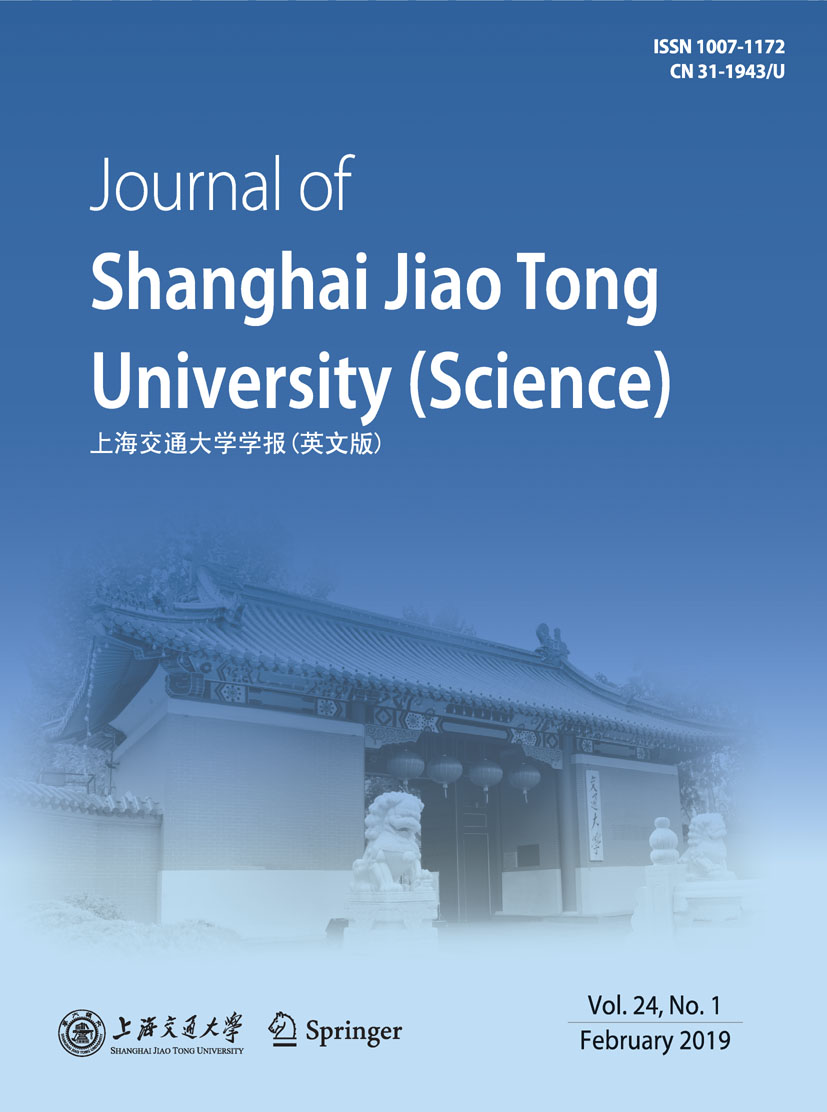|
|
Particle Filter and Its Application in the Integrated Train Speed Measurement
ZHANG Liang (张梁), BAO Qilian *(鲍其莲), CUI Ke (崔科), JIANG Yaodong (蒋耀东), XU Haigui (徐海贵), DU Yuding (杜雨丁)
2019, 24 (1):
130-136.
doi: 10.1007/s12204-019-2046-x
Particle filter (PF) can solve the problem of state estimation under strong non-linear non-Gaussian
noise condition with respect to traditional Kalman filter (KF) and those improved KFs such as extended KF
(EKF) and unscented KF (UKF). However, problems such as particle depletion and particle degradation affect
the performance of PF. Optimizing the particle set to high likelihood region with intelligent optimization algorithm
results in a more reasonable distribution of the sampling particles and more accurate state estimation. In
this paper, a novel bird swarm algorithm based PF (BSAPF) is presented. Firstly, different behavior models are
established by emulating the predation, flight, vigilance and follower behavior of the birds. Then, the observation
information is introduced into the optimization process of the proposal distribution with the design of fitness
function. In order to prevent particles from getting premature (being stuck into local optimum) and increase
the diversity of particles, L′evy flight is designed to increase the randomness of particle’s movement. Finally,
the proposed algorithm is applied to estimate the speed of the train under the condition that the measurement
noise of the wheel sensor is non-Gaussian distribution. Simulation study and experimental results both show that
BSAPF is more accurate and has more effective particle number as compared with PF and UKF, demonstrating
the promising performance of the method.
References |
Related Articles |
Metrics
|

